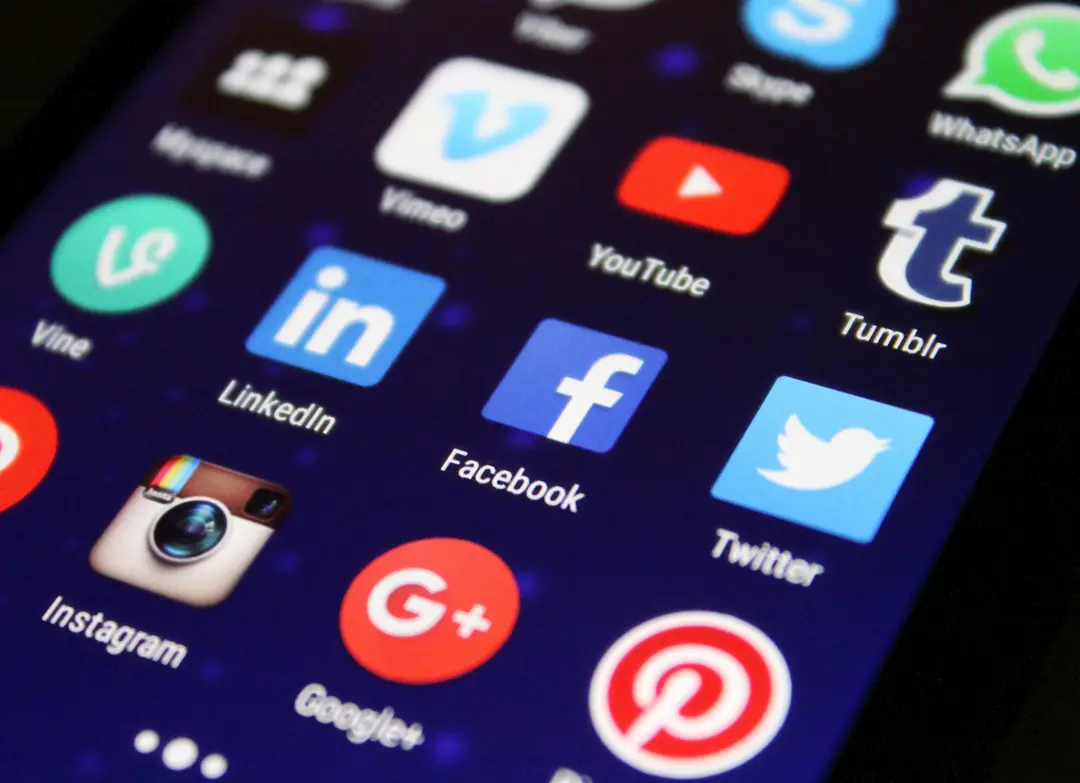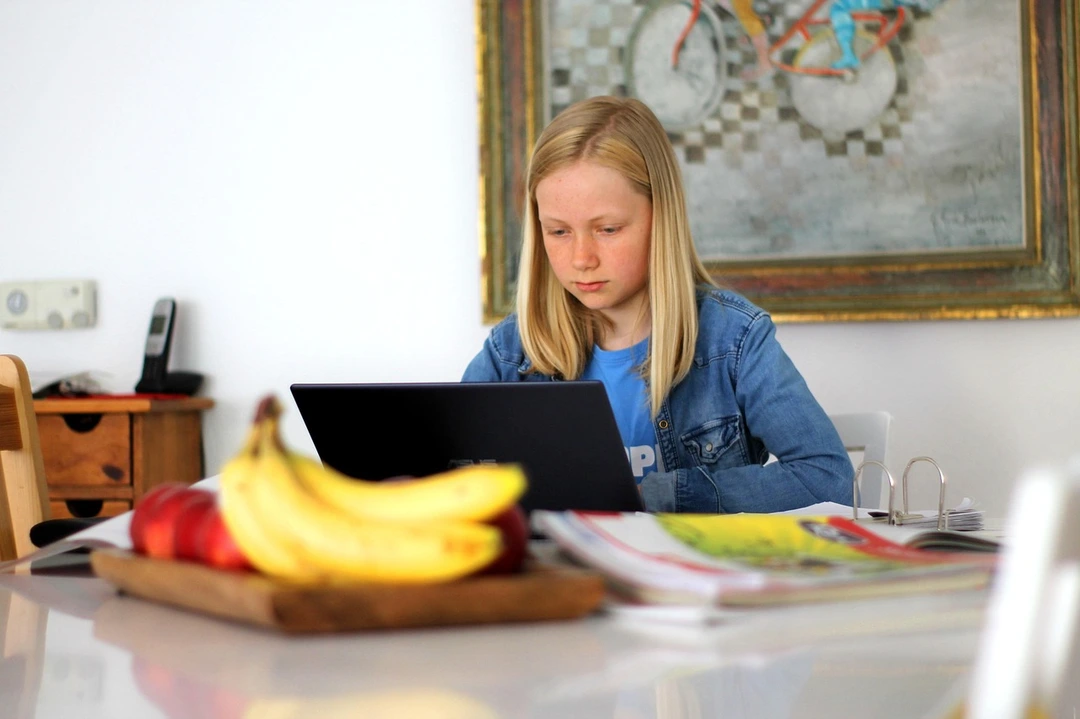In the age of smartphones and constant connectivity, social media has become an integral part of teenagers’ lives. Platforms like Instagram, TikTok, and Snapchat offer opportunities for self-expression, connection, and entertainment. However, the pervasive use of social media also raises concerns about its impact on mental health. For parents, understanding these effects and guiding their teens toward healthy habits is essential. This article explores the ways social media influences teenagers’ mental health and provides actionable advice for parents.
The Double-Edged Sword of Social Media
Social media can be both a source of empowerment and a potential risk for teenagers. On one hand, it allows them to connect with peers, explore their interests, and express themselves creatively. On the other hand, excessive use and exposure to certain types of content can lead to negative outcomes.
Positive Impacts
- Connection and Support: Social media enables teens to maintain friendships and find communities that share their interests. For those who feel isolated, online interactions can provide a sense of belonging.
- Creativity and Expression: Platforms like TikTok and Instagram encourage creativity, allowing teens to showcase their talents and explore their identities.
- Access to Information: Social media can be a valuable resource for learning about current events, social issues, and educational topics.
Negative Impacts
- Comparison and Self-Esteem: Constant exposure to curated images and lifestyles can lead to feelings of inadequacy and lower self-esteem. Teens may compare themselves to influencers or peers, creating unrealistic standards.
- Cyberbullying: Online harassment and bullying are significant concerns, with many teens experiencing negative interactions that affect their mental health.
- Sleep Disruption: Late-night scrolling and screen time can interfere with sleep patterns, impacting overall well-being.
- Addiction and Overuse: The addictive nature of social media can lead to excessive use, reducing time spent on physical activities, hobbies, and face-to-face interactions.
Understanding the Science
Research has shown that social media use can influence the developing brain, particularly during adolescence. The brain undergoes significant changes between the ages of 10 and 19, making teens more susceptible to the effects of social media. Key areas affected include:
- Emotional Regulation: Frequent social media use may impact the brain’s ability to regulate emotions, leading to heightened sensitivity to online interactions.
- Impulse Control: The instant gratification of likes and comments can reinforce impulsive behaviors, making it harder for teens to focus on long-term goals.
- Social Learning: Online interactions shape teens’ perceptions of relationships and self-worth, influencing their social development.
Signs of Social Media-Related Stress
Parents should be aware of signs that social media may be negatively affecting their teen’s mental health. These include:
- Withdrawal: Spending excessive time online and avoiding face-to-face interactions.
- Mood Changes: Increased irritability, anxiety, or sadness after using social media.
- Sleep Issues: Difficulty falling asleep or staying asleep due to late-night screen use.
- Obsessive Behavior: Constantly checking notifications or feeling distressed when unable to access social media.
Guiding Your Teen Toward Healthy Habits
As a parent, you play a crucial role in helping your teen navigate the digital landscape. Here are some strategies to promote healthy social media use:
1. Open Communication
Encourage open conversations about social media and its impact. Ask your teen how they feel about their online experiences and listen without judgment. Discuss the importance of balance and self-awareness.
2. Set Boundaries
Establish clear rules for social media use, such as limiting screen time and designating screen-free zones in the home. Encourage your teen to take breaks and prioritize offline activities.
3. Model Healthy Behavior
Lead by example by practicing healthy tech habits yourself. Show your teen that it’s possible to enjoy social media while maintaining a balanced lifestyle.
4. Promote Offline Activities
Encourage your teen to explore hobbies, sports, and creative pursuits that don’t involve screens. These activities can help build confidence and reduce reliance on social media for validation.
5. Educate About Online Safety
Teach your teen about the importance of privacy and the risks of sharing personal information online. Discuss strategies for dealing with cyberbullying and negative interactions.
6. Monitor Content
Stay informed about the types of content your teen is consuming. Help them identify positive and uplifting accounts to follow, while avoiding harmful or triggering content.
The Role of Schools and Communities
Schools and communities also play a vital role in addressing the impact of social media on teens. Educational programs that promote digital literacy and mental health awareness can empower teens to make informed choices. Collaboration between parents, educators, and mental health professionals can create a supportive environment for young people.
Finding Balance in a Digital World
Social media is an integral part of modern life, and its impact on teenagers’ mental health is complex. While it offers opportunities for connection and creativity, it also presents challenges that require careful navigation. By fostering open communication, setting boundaries, and promoting offline activities, parents can help their teens develop healthy habits and resilience. Together, we can empower the next generation to thrive in a digital world.







